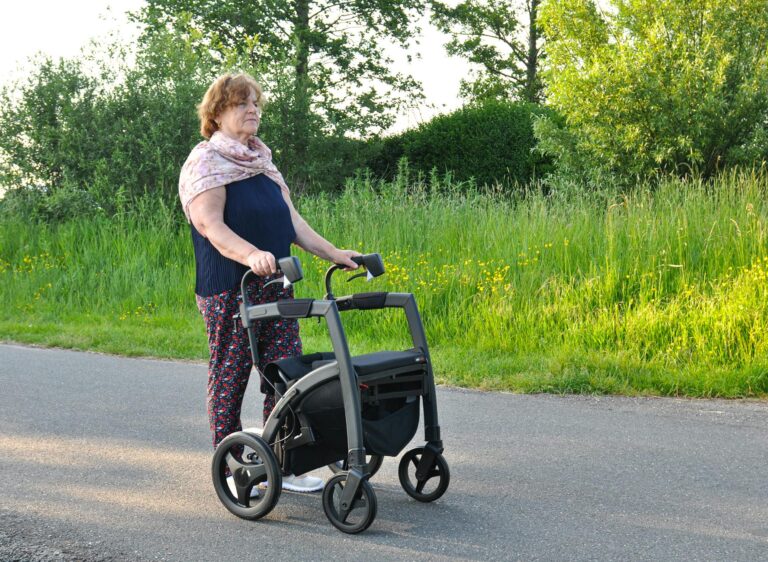Alzheimer’s disease is a progressive neurological disorder that affects a person’s memory, behavior, and thinking. As the disease progresses, it can become challenging for both the person with Alzheimer’s and their caregivers to manage daily tasks such as getting comfortable in bed. The inability to get comfortable in bed can lead to restlessness, agitation, and disturbed sleep patterns, which can further worsen the symptoms of Alzheimer’s. In this article, we will discuss some ways to help a person with Alzheimer’s get comfortable in bed.
1. Create a Calming and Familiar Environment
People with Alzheimer’s often feel anxious and disoriented in unfamiliar surroundings. It is essential to create a calming and familiar environment to help them feel safe and secure. Keep the bedroom clutter-free and well-lit to minimize confusion. Place familiar objects such as family photos, favorite books, or a comfortable blanket on the bed to make it feel more personal and inviting.
2. Establish a Consistent Bedtime Routine
Routines can be reassuring for people with Alzheimer’s as they provide a sense of structure and familiarity. Establishing a consistent bedtime routine can help the person feel more relaxed and prepared for bed. A routine can include activities like brushing their teeth, changing into comfortable sleepwear, and listening to soothing music. It is crucial to maintain the same routine every night to help the person with Alzheimer’s understand the sequence of events and feel at ease.
3. Promote Independence
Encouraging independence can boost the person’s self-esteem and give them a sense of control over their daily activities. When helping someone with Alzheimer’s get comfortable in bed, it is essential to promote their independence as much as possible. Allow them to choose their sleepwear, turn off the lights, or tuck themselves in if they are capable. This will not only make them feel more at ease but also improve their overall well-being.
4. Use Appropriate Bedding
People with Alzheimer’s may have difficulty communicating their discomfort, so it is essential to ensure the bedding is comfortable and suitable for their needs. Choose a comfortable mattress and soft bed sheets that are gentle on the skin. Avoid using heavy blankets or too many pillows as they can make it challenging for the person to move around comfortably. If the person has trouble staying warm, consider using a weighted blanket or a heated mattress pad for added comfort.
5. Encourage Relaxation Techniques
Individuals with Alzheimer’s may experience restlessness and agitation at night, making it difficult for them to fall asleep. Encouraging relaxation techniques like deep breathing or gentle stretching can help calm their mind and body. You can also try using essential oils like lavender, which are known for their relaxing properties, to create a peaceful ambiance in the bedroom.
6. Consider Medications
In some cases, medications may be necessary to help a person with Alzheimer’s get comfortable in bed. If the person experiences severe restlessness or agitation, their doctor may prescribe sleep aids or anti-anxiety medications. However, it is essential to consult with their doctor before starting any new medication, as they may interact with other medications the person is already taking.
7. Seek Professional Help
Caring for someone with Alzheimer’s can be physically and emotionally draining. If you are a caregiver, it is crucial to take care of yourself and seek professional help when needed. A trained caregiver can provide valuable tips and techniques on how to help someone with Alzheimer’s get comfortable in bed. They can also provide respite care, allowing you to take a break and recharge.
In conclusion, caring for someone with Alzheimer’s can be challenging, but with proper strategies and support, it is possible to help them get comfortable in bed. Creating a familiar environment, establishing a consistent bedtime routine, promoting independence, and using appropriate bedding are some simple ways to make the person feel more at ease. Encouraging relaxation techniques, considering medications, and seeking professional help can also be beneficial. Remember to be patient and understanding, as individuals with Alzheimer’s may have difficulty expressing their needs and emotions. With an empathetic and supportive approach, you can help your loved one with Alzheimer’s get the restful sleep they deserve.





